Community Insights on Nature and Sustainability
A recent workshop in Mallusjoki gathered local residents, environmental experts, and stakeholders to discuss the region’s ecosystems, key species, and climate change impacts. The event was part of a broader initiative to understand how environmental factors shape local communities and identify key areas for conservation and sustainable development.
A community survey carried out beforehand revealed that local nature is highly valued, with many residents seeing it as one of the region's greatest assets. Discussions centred on biodiversity, land use and environmental changes over recent decades.
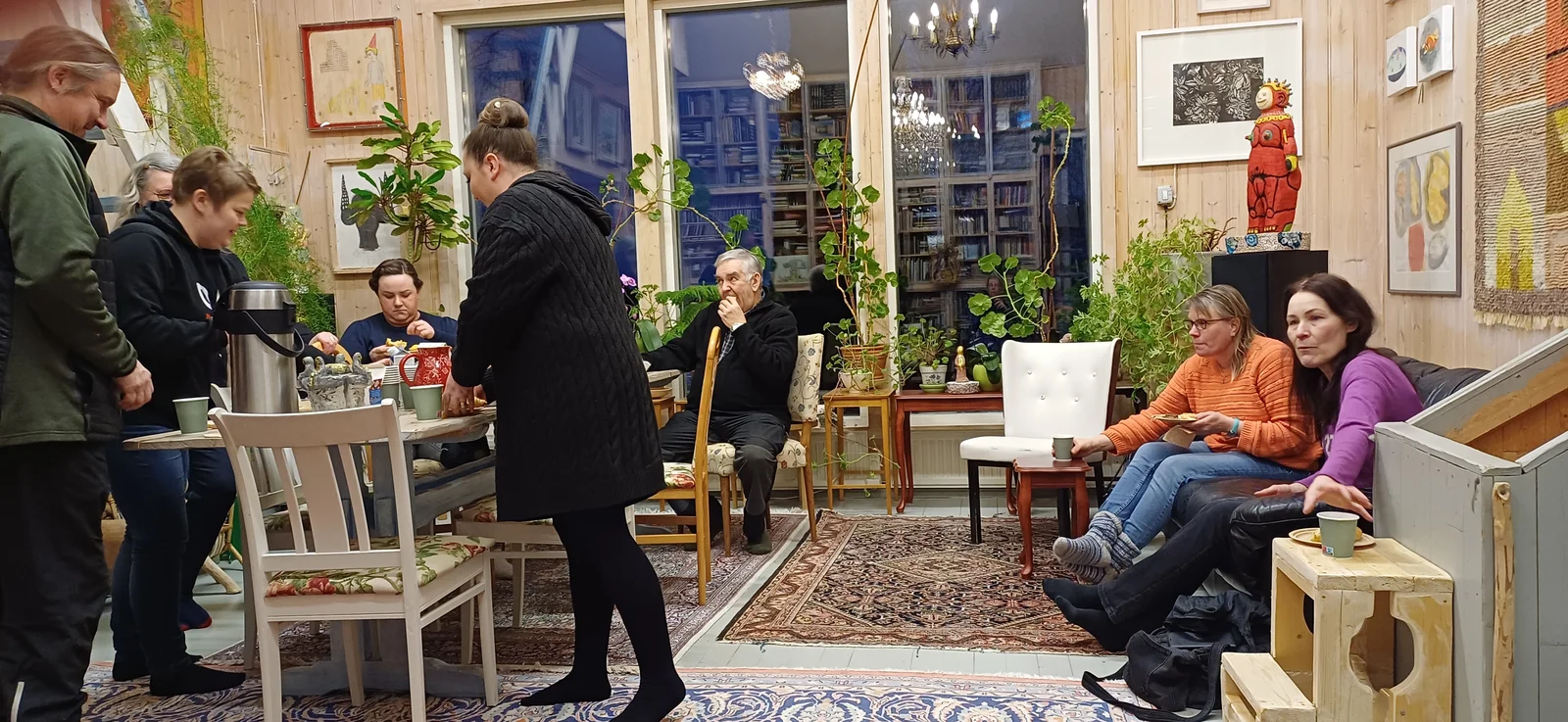
Key Topics Explored in the Workshop
🔹 Water Ecosystems: Key Species and Trends
Participants identified key aquatic species and evaluated their population trends over the past 20–40 years.
🔹 Terrestrial Ecosystems: Species and Habitats
In addition to water ecosystems, discussions extended to land-based key species, including vascular plants, vertebrates, invertebrates, and birds. The goal was to assess which species are thriving, declining, or facing habitat challenges.
🔹 Storms: Do They Need to Be Considered?
Preliminary data suggested that storms do not cause major damage to infrastructure in the region. However, participants debated whether storms should be included as an indicator in future environmental assessments, especially considering seasonal electricity disruptions.
🔹 Climate Change: Localized Effects
Using findings from the European Climate Change Report (2016), the group analyzed which climate trends are already affecting region, such as:
✔️ Increasing extreme temperatures
✔️ Shifts in seasonal precipitation
✔️ Higher flood risks
✔️ Rising energy demands for cooling
Each climate factor was ranked based on observed changes, helping assess long-term sustainability challenges.
🔹 Mapping Special Places of Interest (SPOI)
A collaborative session allowed participants to map key environmental and cultural areas, including:
- Fishing spots 🎣
- Recreational and tourism sites 🏕️
- Natural landmarks 🌿
- Archaeological sites 🏛️
Interestingly, many of these areas had already been documented on local community websites:
🔗 Mallusjoki Fishing Cooperative
🔗 Mallusjoki Landowners’ Association
Key Takeaways from the Discussion
✅ Community Knowledge Matters – Many participants did not consider themselves "experts," yet valuable insights emerged from local knowledge.
✅ Environmental Change is Gradual – While some species have shown minor shifts in population, no dramatic ecological transformations were noted.
✅ Mapping is a Powerful Tool – The exercise of identifying and documenting Special Places of Interest (SPOI) highlighted how deeply connected people are to their surroundings.
This event underscored the importance of collaborative environmental monitoring and how local insights can contribute to long-term sustainability planning.
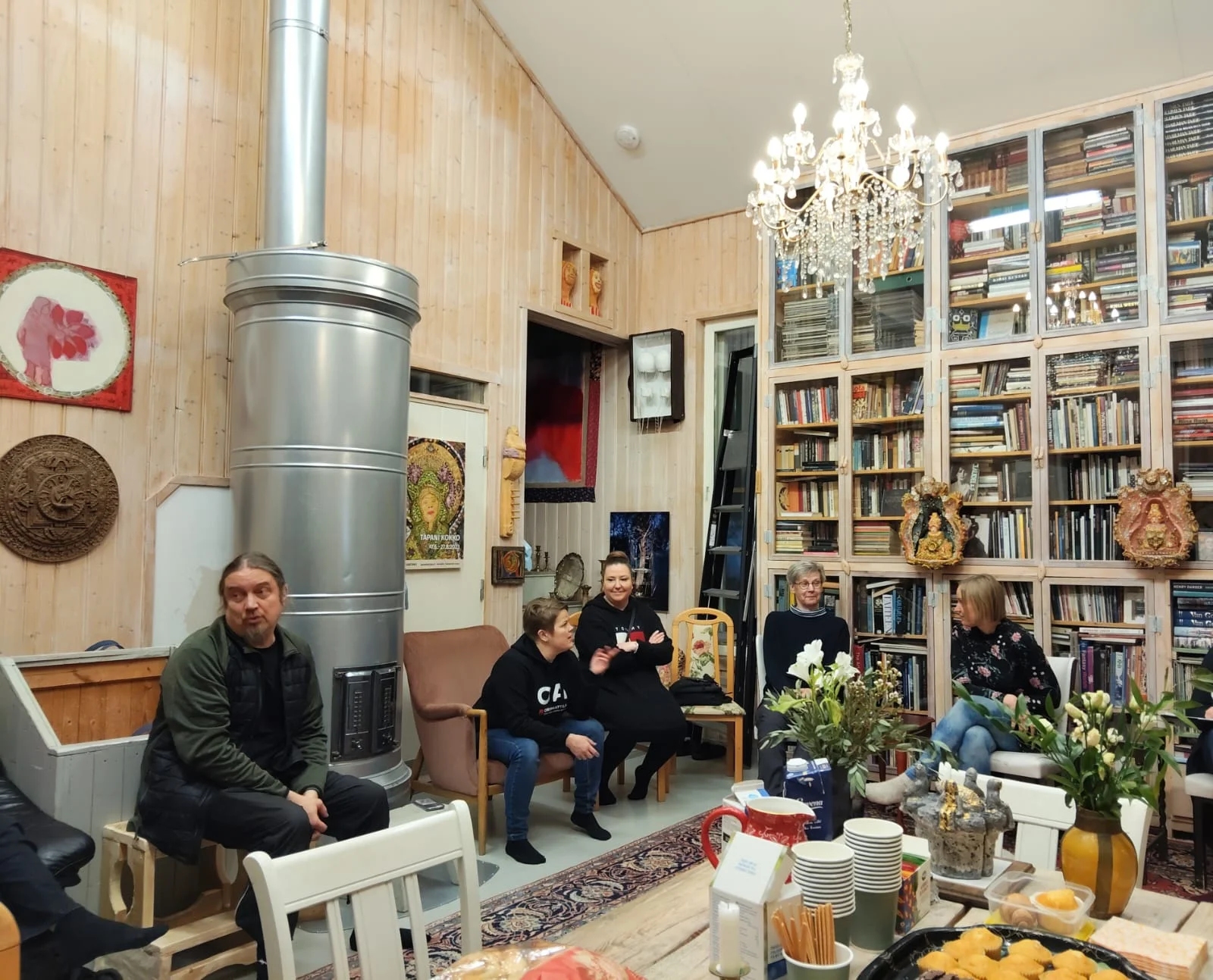

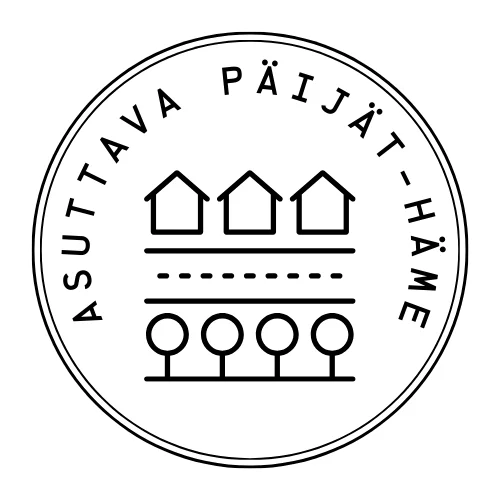
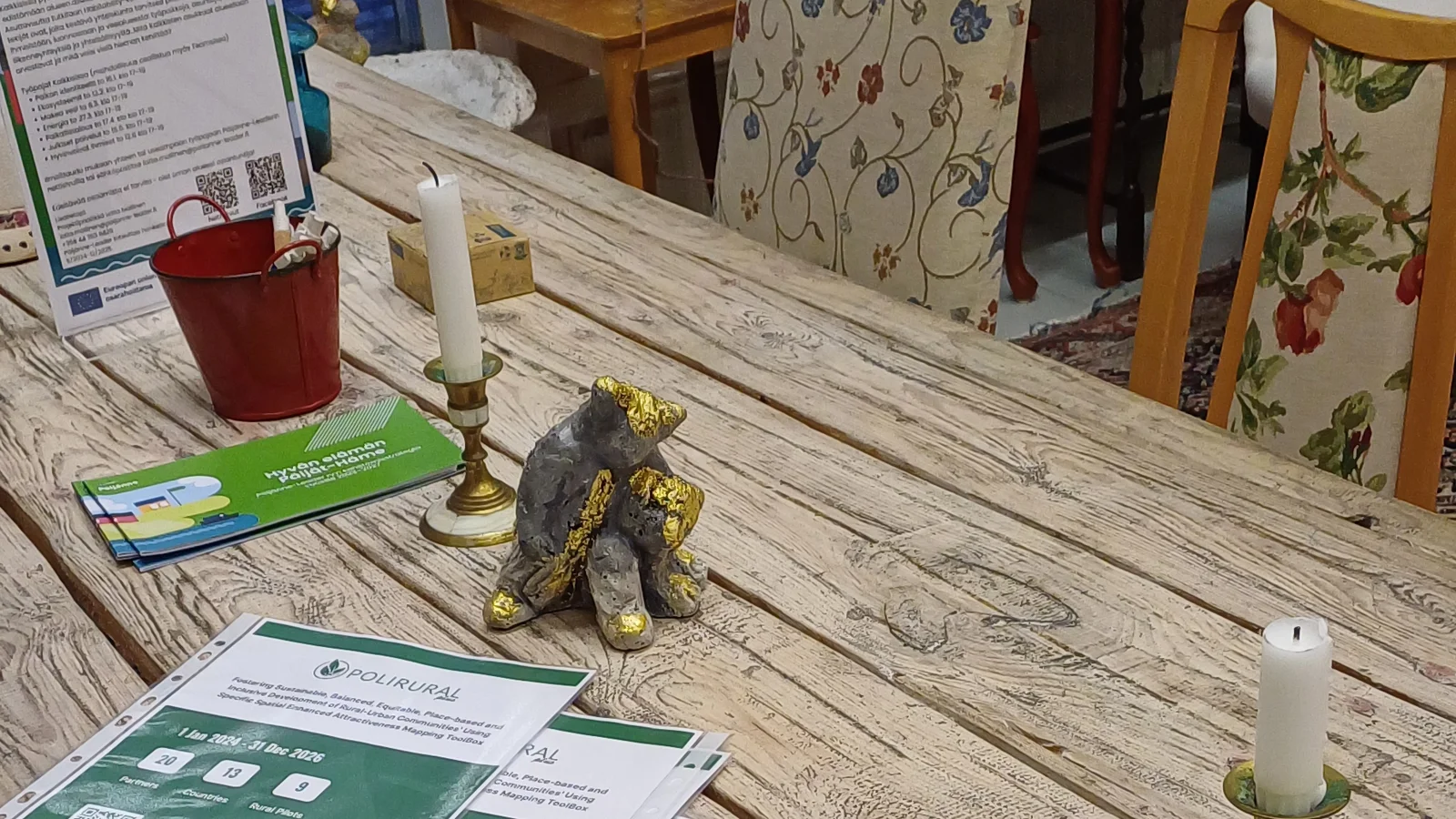
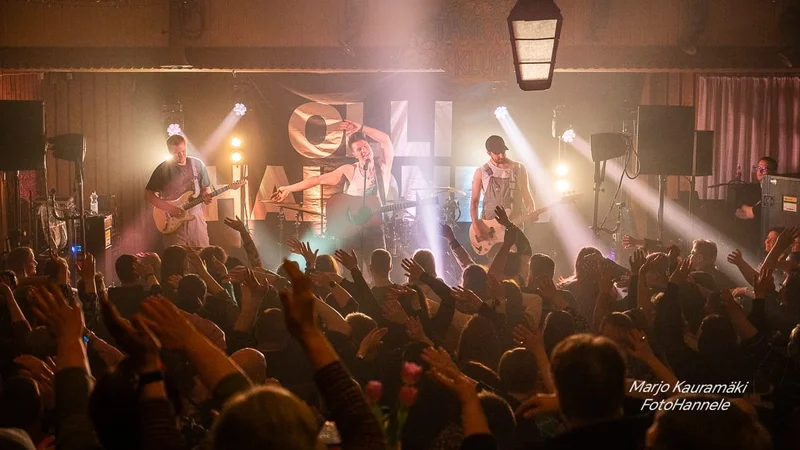
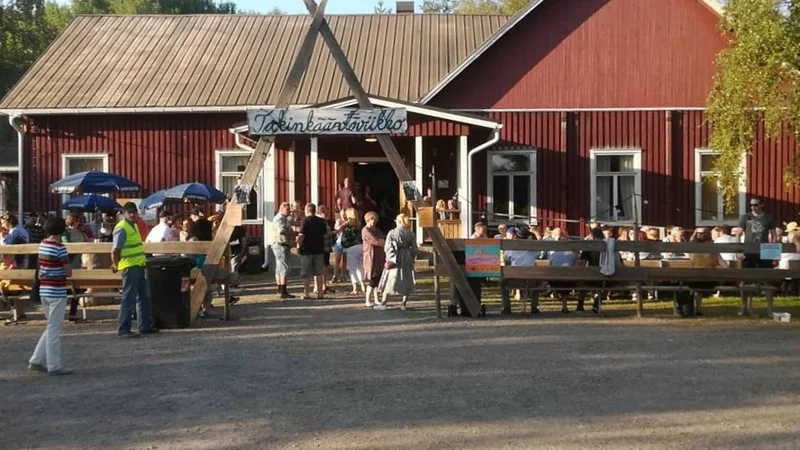
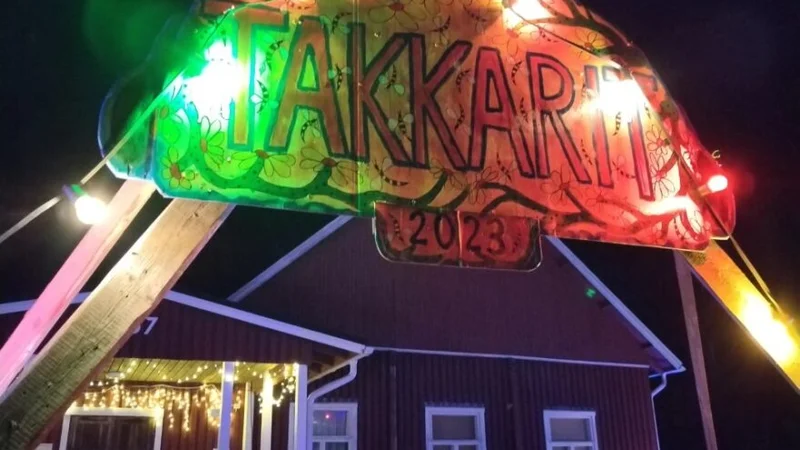
Existing Comments